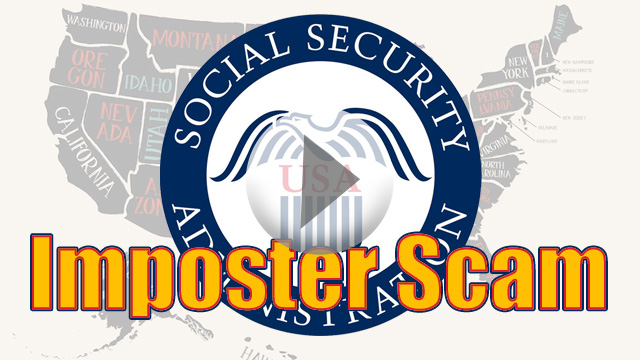The Social Security Administration (SSA) scam is the number one scam reported to the FTC right now.
As soon as a caller threatens you, or demands you pay them with a gift card or by wiring money, it’s a scam. Even if the caller ID tells you otherwise.
If you get a call from someone claiming to be from the Social Security Administration, hang up the phone and remember:
- Your Social Security number is not about to be suspended.
- The real Social Security Administration will never call to threaten your benefits.
- The real SSA will never tell you to wire money, send cash, or put money on a gift card.
Watch this video to see how scammers use threats and high-pressure tactics to try to con you. Learning about scams makes them much easier to avoid. If you’ve received a call like this, tell your friends, family and neighbors about it. Tell them to hang up the phone and to report it to the Federal Trade Commission.


In reply to I really think we need to by I'm a Programmer
Pagination